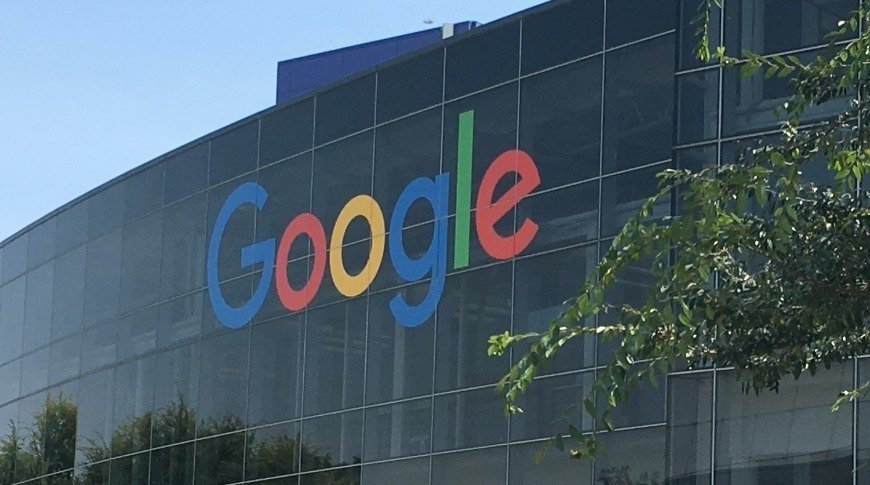Google is going to change how it works with other companies regarding its online advertising business, as part of a settlement with France's competition authority that involved a fine of 220 million euros ($267.5 million).
A probe by the French regulator determined Google had abused its market power in online advertising, the authority revealed on Monday. To end the probe and to appease the regulator, Google agreed to pay the 220 million euro fine, and to change its policies and how its advertising business works to encourage more competition.
"The decision to sanction Google is of particular significance because it's the first decision in the world focusing on the complex algorithmic auction processes on which the online ad business relies," antitrust head Isabelle de Silva said to Reuters. DeSilver added the fine was reduced from what it could be due to the settlement agreement, but didn't state how much it differed.
The regulator said Google would not be seeking to appeal the decision. Google didn't reply to a request for comment by the report.
The probe found that Google Ad Manager favored AdX, Google's own ad marketplace for real-time ad space sales. Specifically, Google Ad Manager provided AdX with data including winning bid prices, which helped improve its own bids.
There was also the matter of higher levels of interoperability between AdX and Google Ad Manager than the Ad Manager had with third-party firms. As part of the settlement, Google will improve Ad Manager's interoperability with rival services.
Google's abuse of historical bidding data in its ad-buying system has been raised in another antitrust lawsuit in the United States. Filings in April revealed a secret program called "Bernanke" empowered Google's own ad buying and selling platforms to effectively game the system in its favor.
It is believed "Bernanke" was anticipated to generate $230 million in 2013 alone.
The search giant's online advertising has also been accused of favoritism in other ways that may be deemed unfair by critics. For example, an agreement between Google and Facebook called "Jedi Blue" encouraged the Social Network to avoid competing with Google in online advertising, in exchange for preferential treatment in Google's advertising tools.
Google, and other tech giants including Apple, are also under intense scrutiny by lawmakers over their size and potential power. This has led to a U.S. Senate Judiciary antitrust subcommittee investigation and work by lawmakers to reform antitrust laws.
Follow all of WWDC 2021 with comprehensive AppleInsider coverage of the week-long event from June 7 through June 11, including details on iOS 15, iPadOS 15, watchOS 8, macOS Monterey and more.
Stay on top of all Apple news right from your HomePod. Say, "Hey, Siri, play AppleInsider," and you'll get the latest AppleInsider Podcast. Or ask your HomePod mini for "AppleInsider Daily" instead and you'll hear a fast update direct from our news team. And, if you're interested in Apple-centric home automation, say "Hey, Siri, play HomeKit Insider," and you'll be listening to our newest specialized podcast in moments.
 Malcolm Owen
Malcolm Owen







-m.jpg)






 Charles Martin
Charles Martin
 Christine McKee
Christine McKee
 Wesley Hilliard
Wesley Hilliard

 Andrew Orr
Andrew Orr
 William Gallagher
William Gallagher
 Sponsored Content
Sponsored Content








4 Comments
How does this benefit the end user? Seems like it benefits corporations using our data to target us with ads to try and get us to spend money.